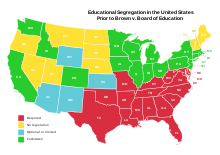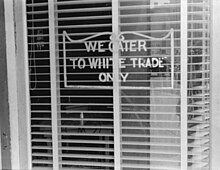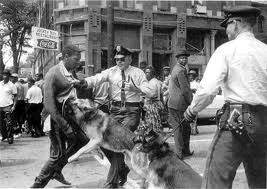Who Protects the Unalienable 1866 Rights of Whom? Equal rights for all was limited to very few at the time of our founding fathers. Women, slaves, Indians and poor men need not apply. Radicals of the early 1830's associated with abolition wanted much more than freeing slaves. Everyone deserved civil rights. The Civil War had freed the slaves but what would be their status. Would freedman have civil, social, political and economic rights or would they have a serf-like status. Many citizens at that time did not have these rights. Also, what would happen to the southern states and their leaders. In the beginning of reconstruction southern President Johnson wanted the states back in the U.S. quickly so he let them back in 1865 when Congress was not in session. He also wanted no civil rights for freedman. Radical Republicans were not happy with what they observed after the war. Why? The leaders of the South had quickly regained political power, much violence was perpetrated against former slaves and Black Codes laws limiting rights were passed. Congress returned and passed the Civil Rights Act of 1866. It was the first
Anti-black activities by organizations like the
Ku Klux Klan
soon began in southern states. New president Grant enforced the new
amendment. By
1871 the federal government had subdued much of the violence. Blacks participated in and to
some degree were integrated into society. Click on picture of
Freedmen voting in 1867 New Orleans.
 But a counter revolution had started.
Redeemer governments took over the South and went on a publicity
campaign to convince northerners that blacks were being treated fairly.
Eventually federal enforcement waned and after 1873 few
people were
involved in enforcing civil rights. Then the Supreme Court
started taking a very narrow interpretation of the Constitution in
relation to civil rights. The court negated that equal rights applied to
race. Then they determined it did not apply to interstate commerce segregation, private organizations like hotels, clubs, rail road cars ...
and that separate but equal was legal. In 1886 the rights of citizens
were applied to
corporations. They were collection of people and while this
interpretation simplified the legal system; it also made it impossible to
regulate corporation. Thus the 14th Amendment was an asset to big
business but not to minorities. R= segregation required, Y no law, B
optional/limited and G illegal,
But a counter revolution had started.
Redeemer governments took over the South and went on a publicity
campaign to convince northerners that blacks were being treated fairly.
Eventually federal enforcement waned and after 1873 few
people were
involved in enforcing civil rights. Then the Supreme Court
started taking a very narrow interpretation of the Constitution in
relation to civil rights. The court negated that equal rights applied to
race. Then they determined it did not apply to interstate commerce segregation, private organizations like hotels, clubs, rail road cars ...
and that separate but equal was legal. In 1886 the rights of citizens
were applied to
corporations. They were collection of people and while this
interpretation simplified the legal system; it also made it impossible to
regulate corporation. Thus the 14th Amendment was an asset to big
business but not to minorities. R= segregation required, Y no law, B
optional/limited and G illegal,




